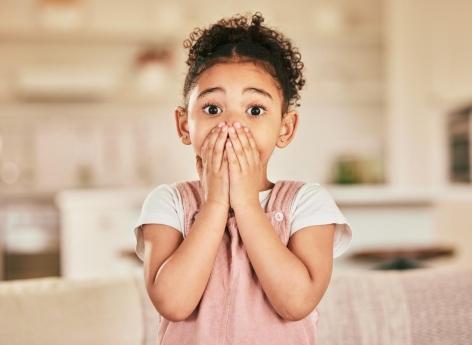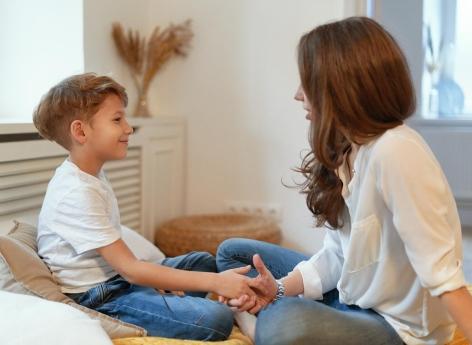Stalkers and stalkers are more likely to develop psychiatric disorders requiring care in adulthood, according to a study.

Lasting sequelae. Childhood harassment, whether suffered or perpetrated against others, is associated with psychiatric disorders requiring treatment in adulthood, according to work published in the JAMA Psychiatry conducted on 5000 Finns.
To establish this finding, the authors collected data from 8-year-old children and traced their history of bullying, documented by their parents, teachers and the children themselves.
Then, they analyzed the mental health and the psychiatric course of these young people who became adults, at the age of 29 years. Data were collected from the national hospital registry.
Three to five times more trouble
According to their observations, about 90% of the participants were never bullied during their childhood. Of this group, 11.5% were diagnosed with a psychiatric disorder. By comparison, a third of those who have frequently harassed other children subsequently manifest such disturbances, compared to 55% of those who have been harassed and 31.2% of the harassers / harassers.
Exposure to harassment is particularly associated with depressive states in adulthood, as well as with serious psychiatric pathologies requiring therapeutic management (monitoring in a center and drug treatment).
A link that is still poorly understood
The main limitation of this work, according to their authors, is the lack of data on the link between harassment and psychiatric disorders. “Future studies will contain more nuanced information on the mediating factors that intervene between the childhood of stalkers / bullies and the disorders observed in adulthood,” they explain. Either way, legislators and healthcare professionals need to be aware of the complex nature of this link when putting in place preventive measures against harassment ”.
A previous study published in the Lancet showed that the consequences suffered by students bullied at school by their peers would be similar, if not more serious, than those suffered by children abused by adults.
.















